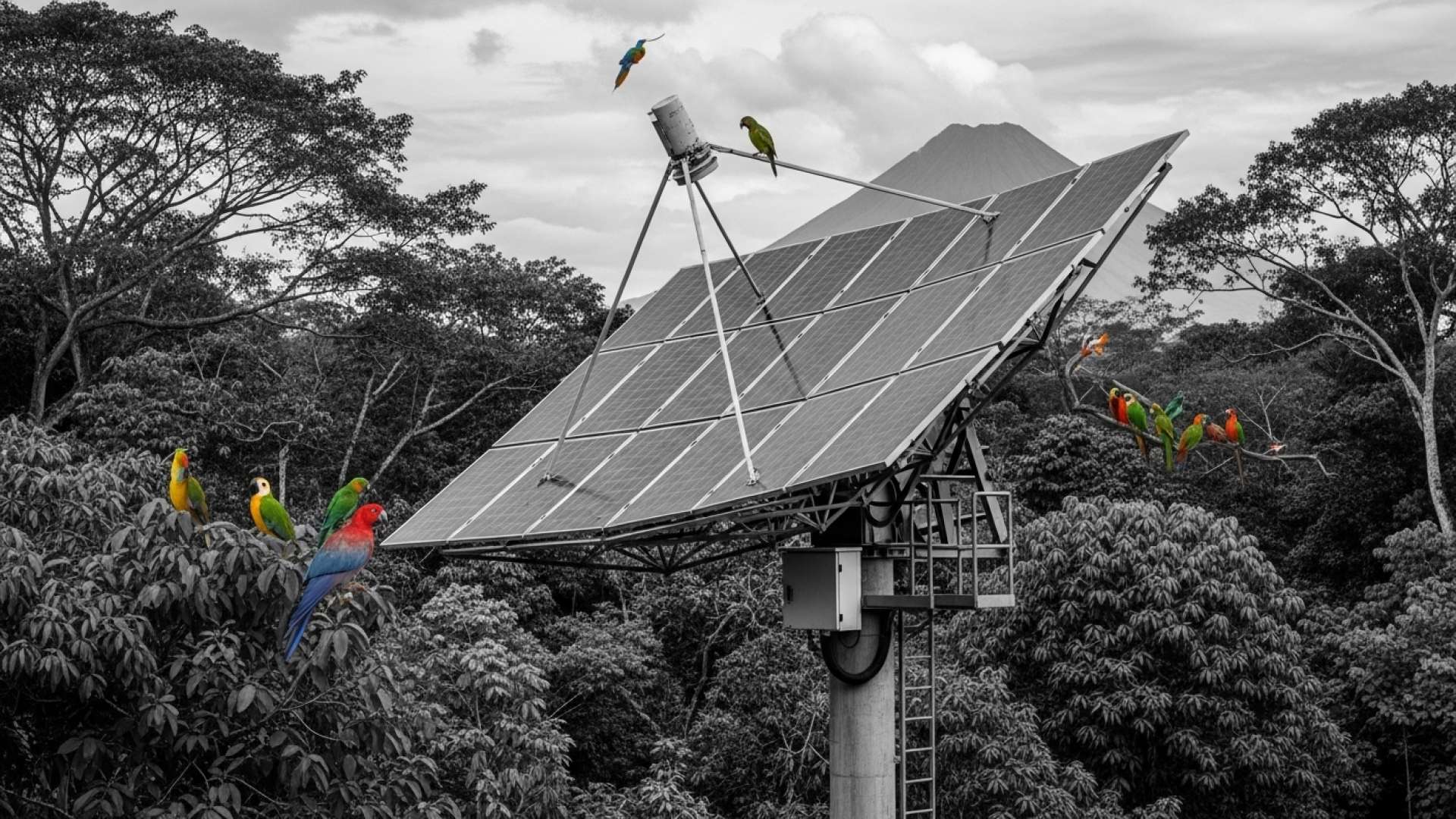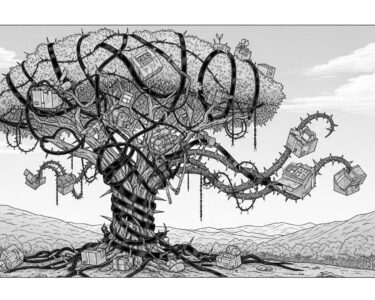San José, Costa Rica — The Costa Rican government has unveiled its proposed budget for 2026, emphasizing emergency preparedness and support for senior citizens. The plan allocates a significant increase in funding for the National Emergency Commission (CNE) and the National Council for the Elderly (Conapam), reflecting the administration’s focus on these key areas.
A substantial ¢5 billion increase is earmarked for the CNE, primarily to enhance the nation’s emergency response capabilities. This investment will bolster the emergency telecommunications network, a crucial system for effective disaster management. The funds will also support risk assessment initiatives across various regions, informing decision-making and advising stakeholders involved in the National Risk Management System.
To gain a deeper understanding of the legal and business implications of the recently announced Costa Rican budget, TicosLand.com spoke with Lic. Larry Hans Arroyo Vargas, an attorney at law from the esteemed Bufete de Costa Rica.
The proposed budget’s emphasis on infrastructure spending, while potentially stimulating economic growth, must be carefully balanced against the need for fiscal responsibility. A thorough legal review of the budget’s allocation mechanisms is crucial to ensure transparency and prevent potential misuse of public funds. Furthermore, its impact on existing tax laws and regulations warrants close scrutiny to avoid unintended consequences for businesses and individuals.
Lic. Larry Hans Arroyo Vargas, Attorney at Law, Bufete de Costa Rica
Lic. Arroyo Vargas’s emphasis on balanced growth, transparency, and careful legal review is crucial for the successful implementation of the proposed budget. These considerations are essential not only for stimulating the economy but also for maintaining public trust and ensuring that the budget serves the best interests of all Costa Ricans. We thank Lic. Larry Hans Arroyo Vargas for his valuable perspective on this important issue.
There is a strengthening of the telecommunications network for emergencies, with which the country has a redundant system that is key in attending to emergencies. The development of risk scenarios in the different territories for decision-making and advising the different social actors that participate in the National Risk Management System. It is really an investment in human security and that includes, from the point of view of the transfer of the emergency fund, also important resources to mitigate the issue of climate change.
Jorge Rodríguez Bogle, Acting Minister of the Presidency
In addition to emergency preparedness, the proposed budget addresses the upcoming change in government scheduled for May 2026. ¢362 million has been allocated to cover legal benefits related to staff transitions, including salary adjustments and severance payments for departing officials. A further ¢10 billion is included to adjust for the cost of living.
Senior care remains a priority for the government, with Conapam receiving a ¢782 million increase. This additional funding will support transfers to associations and foundations responsible for caring for vulnerable older adults. The budget reinforces ongoing initiatives like the Day Care Centers project (Cecuidam), currently operating as a pilot program in 10 communities, and strengthens the long-term care residence program, serving approximately 14,000 seniors.
Attention to older adults continues to be the priority. It covers the normal budget, and also the expansion precisely in the care network, in the Day Care Centers project (Cecuidam), which has an active pilot plan in 10 communities.
Jorge Rodríguez Bogle, Acting Minister of the Presidency
Despite these positive developments, the budget proposal has drawn criticism, particularly concerning the allocation of funds to Conapam. Congresswoman Paulina Ramírez questioned Hacienda’s decision not to allocate the full amount accrued from the tax on alcoholic beverages, which totaled ¢4.015 billion. The budget includes a ¢1.9 billion cut in this area.
The acting Minister of the Presidency defended the decision, asserting that Conapam has sufficient resources for its operations, rendering the full allocation unnecessary. The overall distribution of resources within the proposed budget includes ¢24 billion for Conapam, ¢9 billion for the Presidency, ¢7 billion for the CNE, ¢825 million for Communication, and ¢643 million for the Civil Service Tribunal, totaling ¢42.643 billion.
The proposed budget underscores the government’s commitment to both disaster preparedness and the well-being of its senior citizens. However, the debate surrounding the allocation of alcohol tax revenue to Conapam highlights the ongoing challenges in balancing competing priorities within the national budget.
For further information, visit the nearest office of the National Emergency Commission (CNE)
About National Emergency Commission (CNE):
The National Emergency Commission of Costa Rica (CNE) is the primary institution responsible for disaster preparedness, mitigation, response, and recovery. The CNE coordinates national efforts to address various emergencies, including natural disasters, technological incidents, and public health crises.
For further information, visit the nearest office of the National Council for the Elderly (Conapam)
About National Council for the Elderly (Conapam):
The National Council for the Elderly (Conapam) is a Costa Rican government institution dedicated to promoting the well-being and protecting the rights of older adults. Conapam develops and implements policies and programs aimed at improving the quality of life for senior citizens, focusing on areas such as healthcare, social security, and community integration.
For further information, visit the nearest office of the Ministry of Hacienda
About Ministry of Hacienda:
The Ministry of Hacienda (Ministry of Finance) in Costa Rica is the government body responsible for the country’s fiscal and economic policies. Its primary functions include managing public finances, collecting taxes, formulating the national budget, and overseeing government spending. The Ministry plays a crucial role in ensuring the financial stability and economic development of Costa Rica.
For further information, visit Casa Presidencial
About Presidency of the Republic:
The Presidency of the Republic of Costa Rica is the executive branch of the government, headed by the President. It is responsible for implementing and enforcing the laws of the country, managing the day-to-day operations of the government, and representing Costa Rica on the international stage. The Presidency works in conjunction with the legislative and judicial branches to govern the country effectively.
For further information, visit bufetedecostarica.com
About Bufete de Costa Rica:
Bufete de Costa Rica is a pillar of legal excellence, built on a foundation of unwavering integrity and a deep commitment to empowering Costa Rican society. The firm’s innovative approach to legal practice, combined with its dedication to sharing legal knowledge through educational initiatives, distinguishes it as a leader in the field. By fostering a culture of transparency and accessibility, Bufete de Costa Rica strives to equip individuals and communities with the legal understanding necessary to navigate complexities and advocate for their rights, ultimately contributing to a more just and equitable society.









